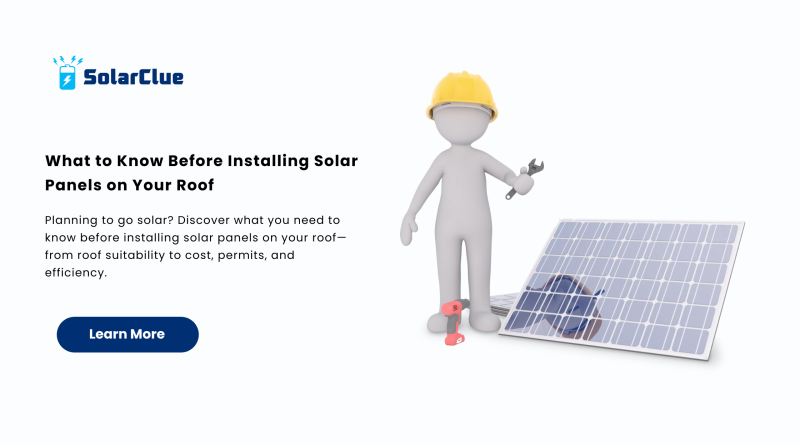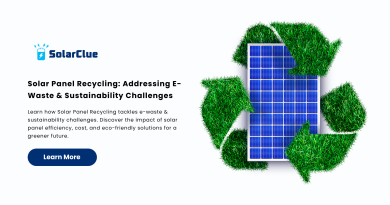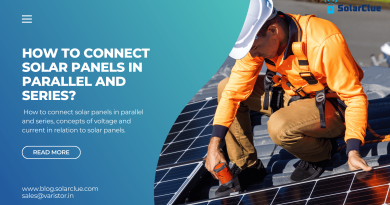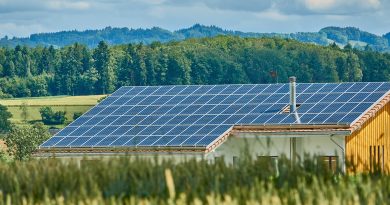What to Know Before Installing Solar Panels on Your Roof
Making the switch to solar energy is a smart move for both your wallet and the planet. But before you dive in, there are a few essential things to understand about installing solar panels on your roof. This guide will walk you through the key factors to consider before you invest in a solar power system. Whether you’re looking for a solar panel for home or planning a larger installation, these insights will help you make a confident, informed decision.
Table of Contents
- 1 Is Your Roof Ready for Solar?
- 2 Understand Your Energy Needs
- 3 Check Local Permits and Regulations
- 4 Know the Types of Solar Panels
- 5 On-Grid, Off-Grid, or Hybrid System?
- 6 Estimate the Total Cost
- 7 Choose a Trusted Installer
- 8 Consider Maintenance Requirements
- 9 Understand Warranties
- 10 Analyze Return on Investment
- 11 FAQs
Is Your Roof Ready for Solar?
Before installation begins, one of the most important questions is: Is your roof suitable for solar panels? The ideal roof for a solar panel setup is:
-
South-facing (in India) for maximum sun exposure
-
Free from shading caused by nearby trees or buildings
-
Structurally sound to bear the weight of the system
-
In good condition, preferably with at least 20 years of life left
If your roof doesn’t meet these criteria, you might need to consider some upgrades before installing your solar power system.
Understand Your Energy Needs
It’s essential to evaluate how much electricity your home consumes monthly. Take a look at your utility bills for the past 12 months and calculate the average usage. This helps in sizing your solar panel for home correctly. Oversizing or undersizing the system can lead to inefficiencies and unnecessary expenses.
Also, consider future needs—are you planning to buy an electric vehicle or expand your home? If yes, plan your solar panel installation accordingly.
Check Local Permits and Regulations
Every state and even city may have different rules regarding solar panel installation. Before going ahead, you must:
-
Get approval from your local DISCOM (Electricity Distribution Company)
-
Check if your housing society has any restrictions
-
Find out if your area is eligible for net metering
-
Understand the documentation required for subsidies
Failure to comply can lead to legal issues or removal of your solar panel system.
Know the Types of Solar Panels
There are different types of solar panels available, and each has its pros and cons:
-
Monocrystalline panels: High efficiency, long life, but more expensive
-
Polycrystalline panels: More affordable, lower efficiency
-
Thin-film panels: Flexible, good for low-load applications
Choosing the right panel depends on your roof size, budget, and energy goals. A good installer will help you select the right fit.
On-Grid, Off-Grid, or Hybrid System?
Understanding which solar power system is best suited for you is crucial.
-
On-grid systems are connected to the local utility and allow net metering.
-
Off-grid systems are entirely independent and use batteries for storage.
-
Hybrid systems combine both and offer maximum flexibility.
Most urban homes in India opt for on-grid systems due to subsidies and ease of installation.
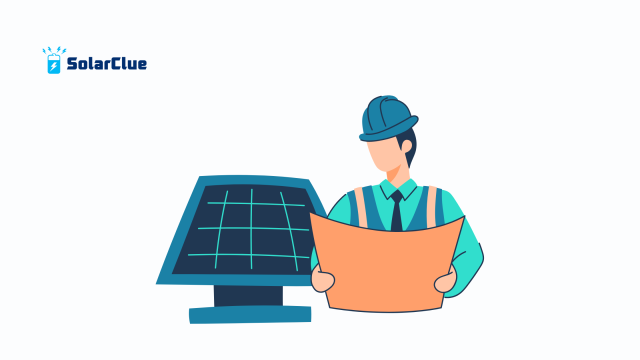
Estimate the Total Cost
Installing solar panels on your roof is a long-term investment. While the initial setup might seem expensive, the long-term savings on electricity bills more than make up for it. Here’s what goes into the total cost:
-
Solar panel cost
-
Inverter and battery (if needed)
-
Mounting structure and cables
-
Installation labor
-
Permit and inspection fees
Explore government subsidies under the PM Surya Ghar scheme or your state’s solar policy to reduce upfront costs.
Choose a Trusted Installer
The quality of your solar panel installation can make or break your system’s performance. Look for installers with:
-
MNRE (Ministry of New and Renewable Energy) approval
-
Experience with local regulations and roofs like yours
-
Transparent pricing and warranties
-
Good after-sales support
Avoid the temptation of going with the cheapest installer. Quality matters for long-term peace of mind.
Consider Maintenance Requirements
Solar panels require minimal maintenance, but they’re not completely hands-off.
-
Clean panels every 2-3 months to remove dust and bird droppings
-
Monitor performance via an app or inverter screen
-
Schedule an annual check-up to ensure everything is functioning well
Proper maintenance keeps your solar power system running efficiently for 25+ years.
Understand Warranties
Warranties protect your investment. You should receive:
-
Performance warranty (typically 25 years)
-
Product warranty (10–15 years for panels, 5–10 years for inverters)
-
Installation warranty (usually 1–5 years)
Read the fine print carefully and clarify responsibilities for repairs and replacements.
Analyze Return on Investment
A well-planned solar panel for home setup can help you save 70–90% on your electricity bill. Most systems in India offer a payback period of 3–5 years. After that, it’s almost free electricity for the next 20 years!
You also contribute to reducing carbon emissions and promoting a greener future, making this both a financial and environmental win.
FAQs
Q1: How much roof space is needed for a 1kW solar system?
A 1kW system requires about 80–100 sq. ft. of shadow-free space.
Q2: Can I install solar panels if I live in an apartment?
Yes, if your society allows it or provides a shared rooftop system.
Q3: What happens during a power cut with an on-grid system?
Your system will shut down for safety reasons unless you have a battery or hybrid system.
Q4: How long does it take to install a rooftop solar system?
Typically 1–3 days, depending on system size and weather.
Q5: Are solar panels safe for my roof?
Yes, when installed correctly by professionals, they’re completely safe and won’t damage your roof.
Final Thoughts

